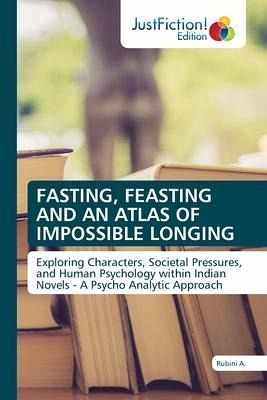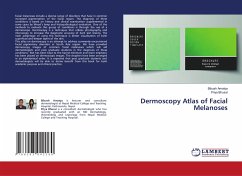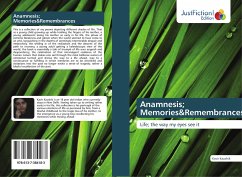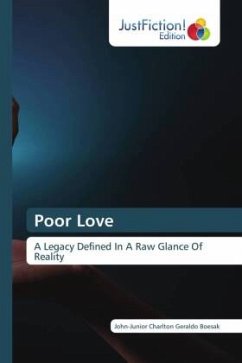
FASTING, FEASTING AND AN ATLAS OF IMPOSSIBLE LONGING
Exploring Characters, Societal Pressures, and Human Psychology within Indian Novels - A Psycho Analytic Approach
Versandkostenfrei!
Versandfertig in 6-10 Tagen
17,99 €
inkl. MwSt.

PAYBACK Punkte
9 °P sammeln!
Anita Desai, renowned for exploring human relationships and psychological traumas, notably depicted in "Fasting, Feasting," explores the tensions within middle-class Indian families, skillfully contrasting Eastern traditions and Western influences. Similarly, Anuradha Roy's "An Atlas of Impossible Longing" delves into the intricacies of life, portraying the story of a Bengali family across generations in a changing India. Erich Fromm, a notable social psychologist and critic of Freudian theory, highlighted the contradiction in Freud's work regarding human drives. Fromm emphasized human needs b...
Anita Desai, renowned for exploring human relationships and psychological traumas, notably depicted in "Fasting, Feasting," explores the tensions within middle-class Indian families, skillfully contrasting Eastern traditions and Western influences. Similarly, Anuradha Roy's "An Atlas of Impossible Longing" delves into the intricacies of life, portraying the story of a Bengali family across generations in a changing India. Erich Fromm, a notable social psychologist and critic of Freudian theory, highlighted the contradiction in Freud's work regarding human drives. Fromm emphasized human needs beyond basic instincts and believed humans, lacking strong instincts, faced a unique dilemma due to their reasoning ability. The novels highlight patriarchal norms dictating family complexities, where conflicts arise between generations and genders. In summary, both novels offer profound insights into human psychology demonstrating the struggle for individuality amidst societal norms and the quest for meaning and freedom. This book encompasses the core themes and connections between the authors, Fromm's theories, and the portrayal of characters in the two novels via psychoanalytic perspectives.












